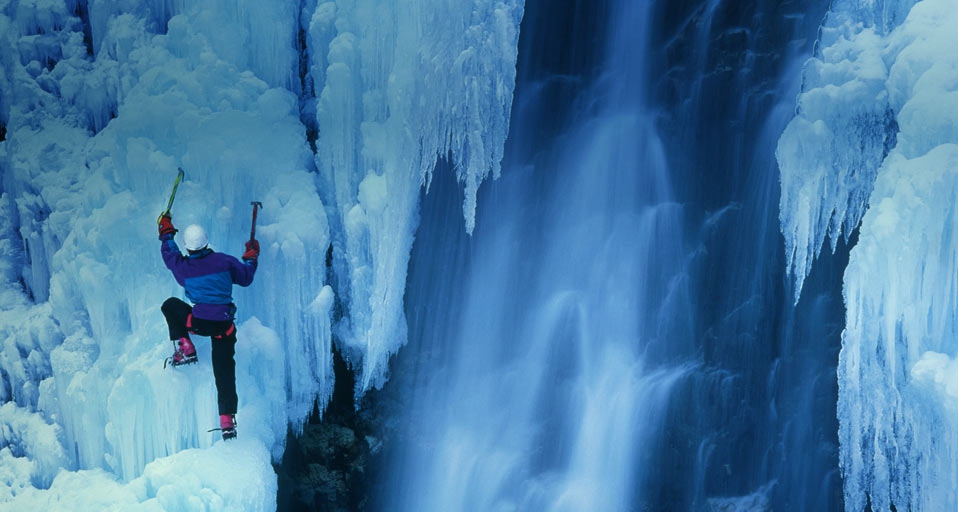Poland
The country of ten thousand lakes and wild rivers
There are some ten thousand lakes on Poland's territory. The majority of them are scattered around two large lakelands known as the Masurian and Pomeranian Lake Districts, occupying a vast expanse of our country.
Top 10 unusual winter sports
There is more to winter travel than skiing and snowboarding. Nontraditional winter sports and activities have sprouted up all over the world, catering to adventurers who crave new ways to get their adrenaline pumping.
The 10 Most Educated Countries In The World
While once, education was the privilege of the wealthy – historically, the wealthy men to be more accurate – countries across the globe have improved access to basic education over the years. The total number of children who drop out of school has seen a reduction of 47 million since 1999, so things are looking positive; but millions still lack basic education and the advantages that learning brings. At the start of this decade, over 130 million teens and kids worldwide were outside of the education system: a concerning fact, given that individuals who lack education have limited resources and opportunities. The lack of access to basic education means less progress, less financial stability and a less sustainable country.

